
People are packing bags and dusting off travel plans, but some destinations need a second look right now. CDC alerts keep showing up, putting mosquito-borne illnesses like chikungunya in the spotlight. Cuba, Brazil, and even parts of New York show signs of concern, and travelers want to know more before booking that flight.
CDC Issues Travel Warning for Caribbean Virus Outbreak
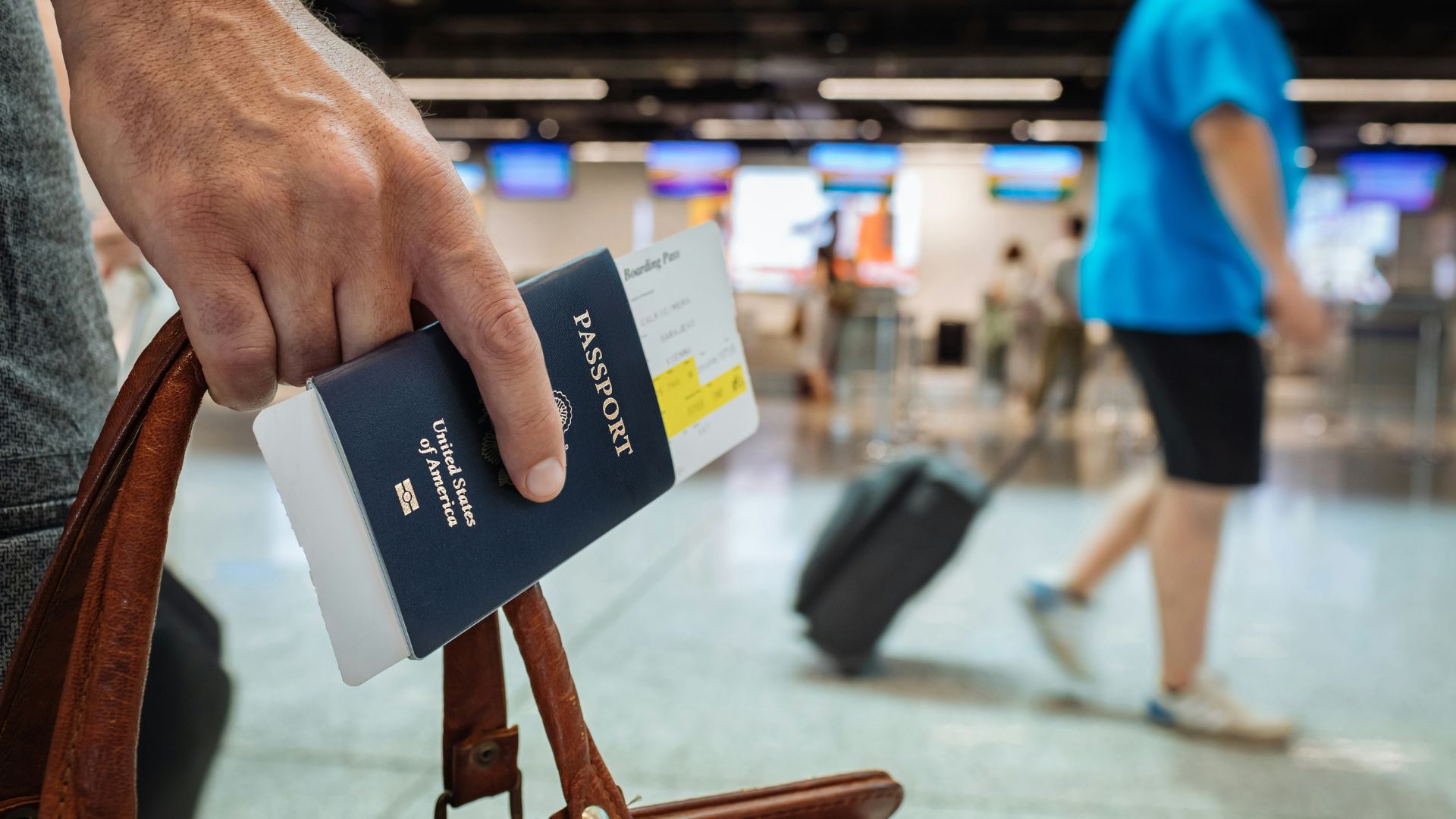
CDC alerts travelers visiting Cuba, pointing to an outbreak of chikungunya in Matanzas province. The warning asks visitors to stick to mosquito protection, like repellent and covered clothing. Some people may want to talk to their doctor about vaccination options, too. While there haven’t been any deaths, the infection can leave some bedridden for weeks. New advisories just keep coming, so many travelers double-check updates before packing for their Cuba adventure.
Chikungunya Virus Detected in Cuba and the United States
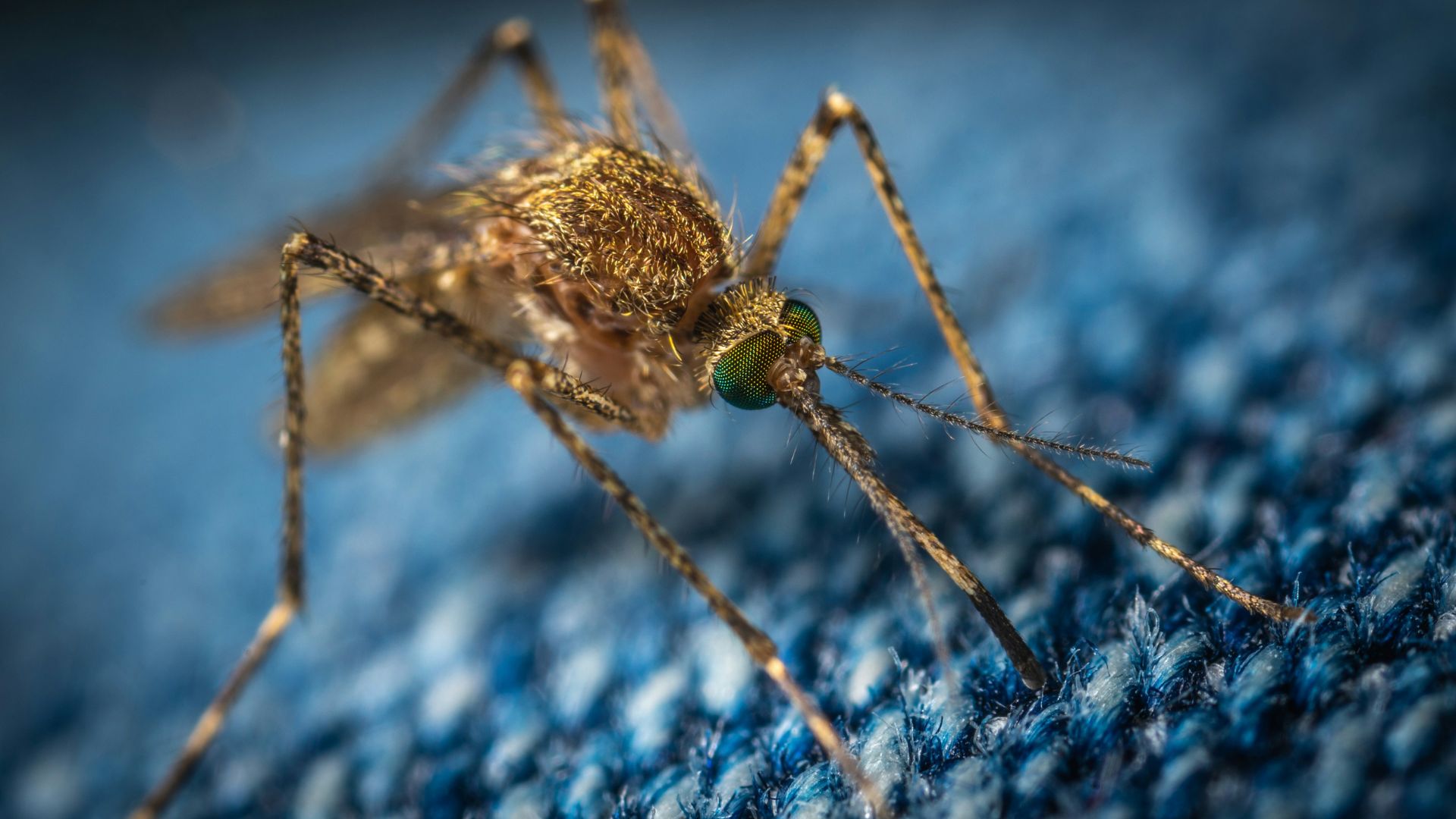
Recent reports confirm that the chikungunya virus has surfaced in Cuba and the United States. Cuban officials identified an outbreak in Matanzas, where eight cases have been confirmed by laboratory testing so far. In the United States, health authorities detected a possible locally acquired infection in New York, raising new concerns, since the affected individual had not traveled off Long Island. Both countries are on alert as they watch for further local transmission.
Symptoms Include Severe Joint Pain and Fever

Chikungunya brings some tough symptoms, so most people notice a sudden fever that can hit pretty fast. Joint pain just follows, especially in the hands and feet, and it can last for weeks or even longer. Some folks might find walking pretty difficult, and that makes daily routines a lot harder. You may also spot headaches and rashes popping up. A percentage of people actually don’t feel anything, so not every case gets obvious right away.
Mosquito Bites Drive Global Spread of Incurable Disease

So many people don’t realize just how quickly chikungunya gets around because of tiny mosquitoes. You can only catch it from a mosquito bite, so there’s no risk from sharing food or drinks with someone who’s sick. The infection keeps spreading in places where those mosquitoes hang out. That explains the CDC’s focus on travelers and why using repellent, covering skin, and staying indoors can make such a big difference
Highest Risk for Newborns, Pregnant Women, and Older Adults

So, the CDC points out that newborns, pregnant women, and adults who are 65 or older can have the toughest time with chikungunya. People with weaker immune systems also have a higher risk. That’s why travelers in these categories want to take extra steps, like using bug spray and keeping skin covered. Pregnant women are just advised to put off trips to Cuba for now, keeping everything as safe as possible for themselves and their families.
Preventive Measures Include Repellent and Vaccination

So travelers heading to Cuba right now just want to stay a step ahead with a fresh layer of mosquito repellent and light, long-sleeved clothing. The CDC suggests using screened doors and windows, and sleeping in air-conditioned spaces can also help. Vaccines are an option, and some find peace of mind from getting a shot before flying out. So many rely on these steps to lower their risk and keep trips running smoothly.
Additional Outbreaks Reported in South America and Asia
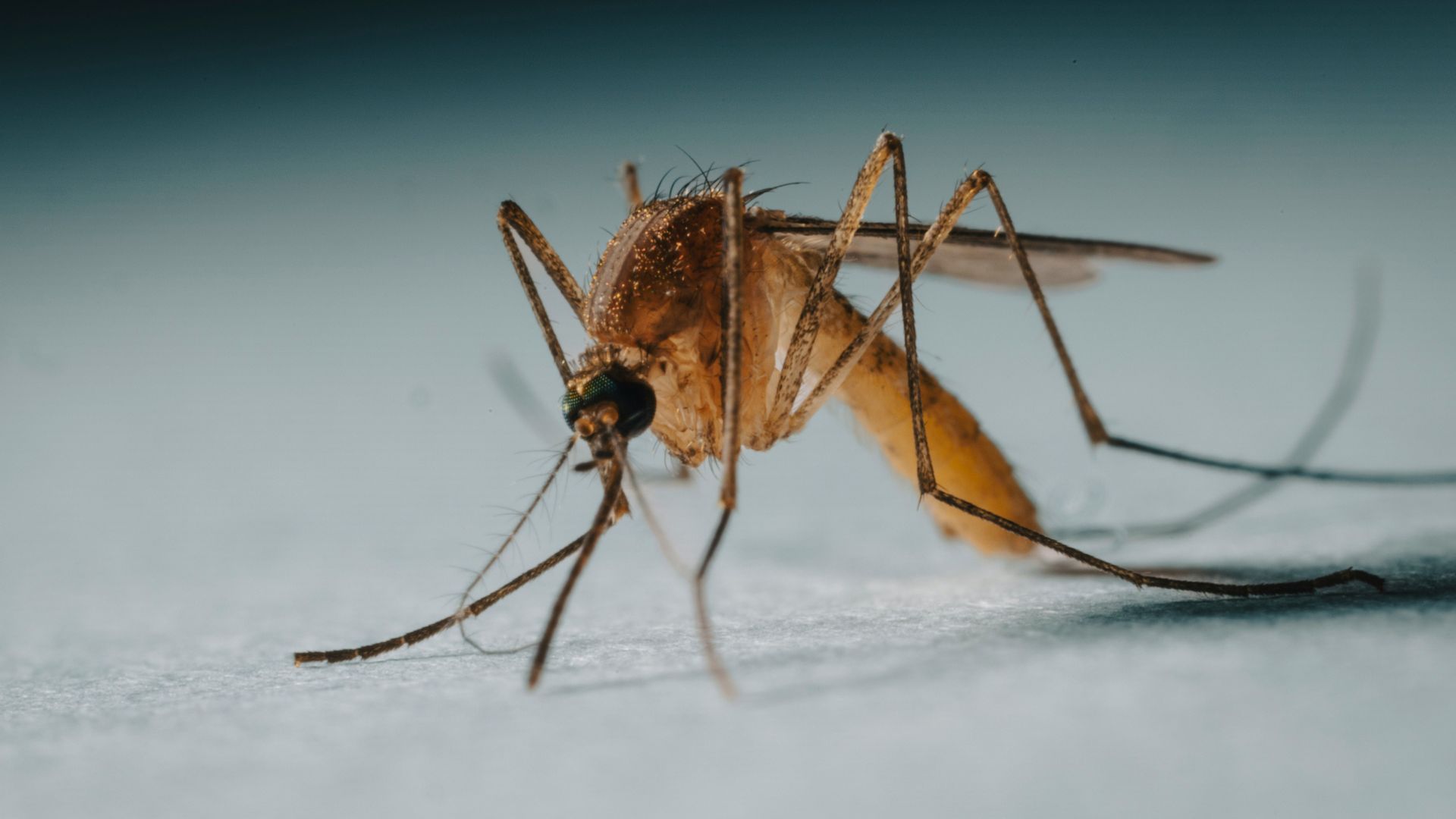
So Brazil reports the highest number of chikungunya cases, with more than 210,000 people affected this year. Health officials in South America and Asia also keep counting outbreaks, especially in countries like Colombia, India, Mexico, and the Philippines. China recently faced city-wide controls, so travel restrictions are popping up for different regions. The CDC updates alerts regularly, so travelers can check new guidance before leaving home for any of these spots.
Alerts Expanded amid Rising Cases and Public Health Concerns
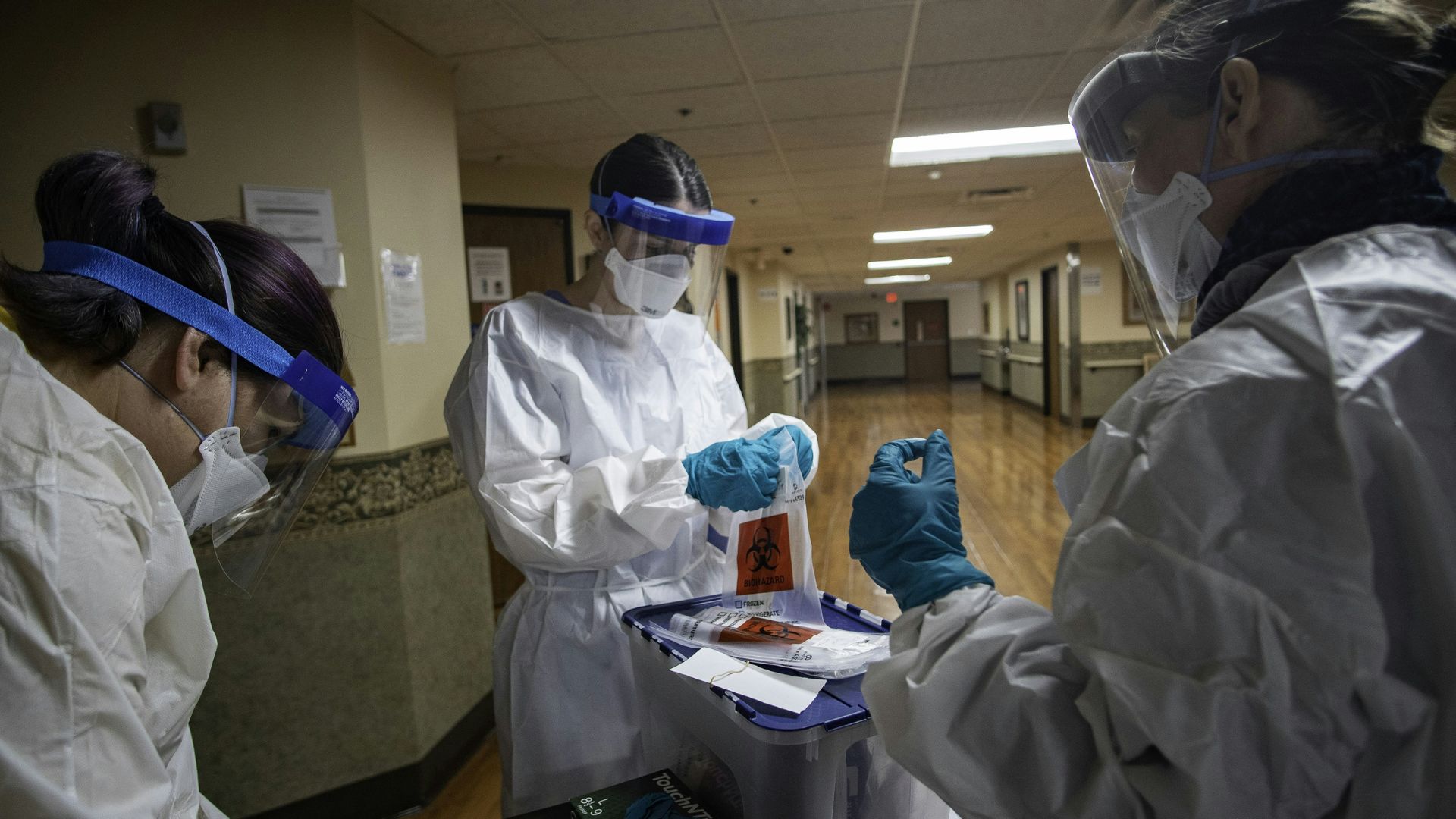
CDC advisories now cover even more destinations, with new alerts issued for places like Bangladesh, Kenya, Madagascar, and Sri Lanka. Countries in Africa and the Indian Ocean report sudden outbreaks, and that means travel insurance and health prep become top checkboxes for travelers. The CDC highlights mosquitoes as the source, so advice keeps coming for ways to stay protected no matter where someone travels next.
Check CDC Updates for Safe Travels
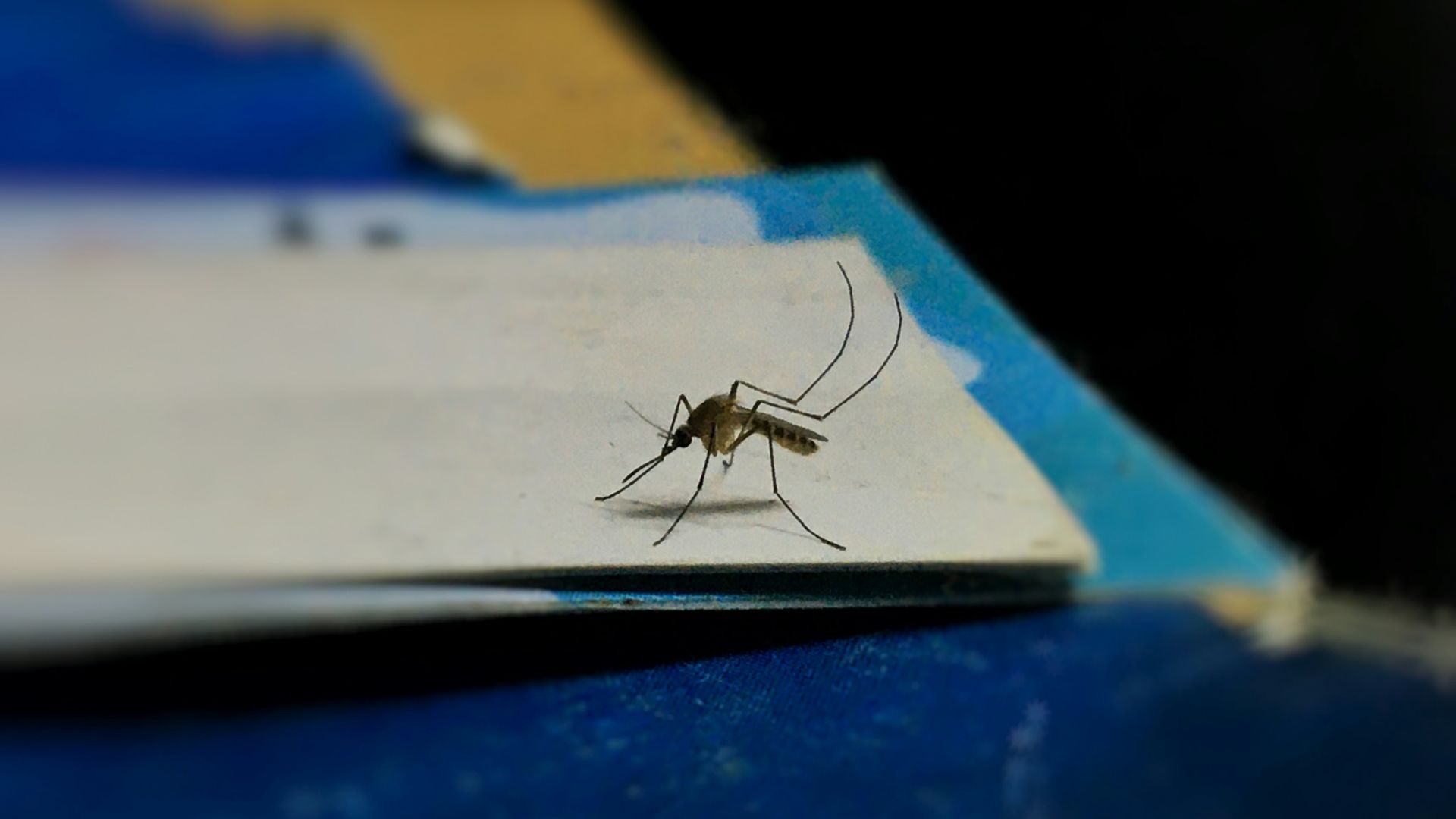
Take a minute to check the CDC travel notice before making international plans. So many countries now report outbreaks, and the advice keeps changing. It’s smart to pack effective bug spray, cover up when enjoying warm destinations, and ask your healthcare provider about vaccines if you’re heading somewhere with rising cases. Travelers who prepare often feel more relaxed exploring local sights with fewer worries about mosquito risks.